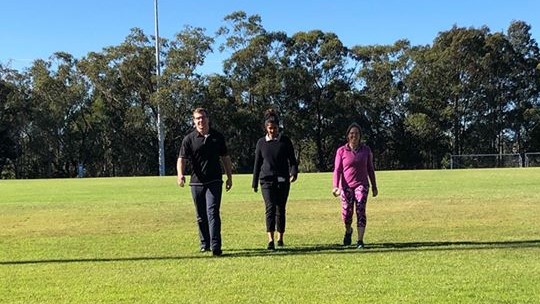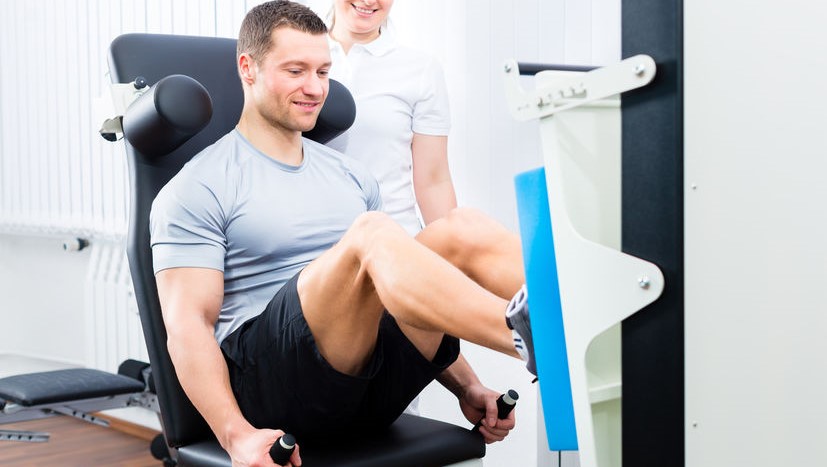
Its winter but your body still needs a regular dose of activity. Staying active is harder when the days get shorter but it’s still just as important and beneficial to our health. The good news is that inactivity is reversible.
The research still tells us that better cardiovascular fitness is associated with healthier living and 2 strength sessions per week can make a difference to your health in many ways. We’ve summarised the evidence of staying active via strength exercise previously. Click here to read more. There are plenty of good activity options on Callaghan campus.
- Walking on campus – it’s the quickest and easiest option and much better than having lunch at your desk each day
- Outdoor equipment surrounding the oval 2 and 3 outside The Forum is free and easy to use. Another great lunchtime session combined with walking between them.
- Group fitness classes at The Forum – either before work or after or even at lunchtime, the group fitness classes
- NU Strength classes – If you like small group, mat based pilates style exercise then NU Moves Physio provides a range of early morning, lunchtime and evening workouts to help the body and back.
- The newly refurbished gym at The Forum is an excellent way to combine cardio exercise with some stretching and strength exercise for an overall feel better workout that you are in control of.
- Have a swim at The Forum – its particularly quiet and calm around lunchtime for a peaceful exercise session that will make you feel great.
Feel better & get active. Its worth doing.

